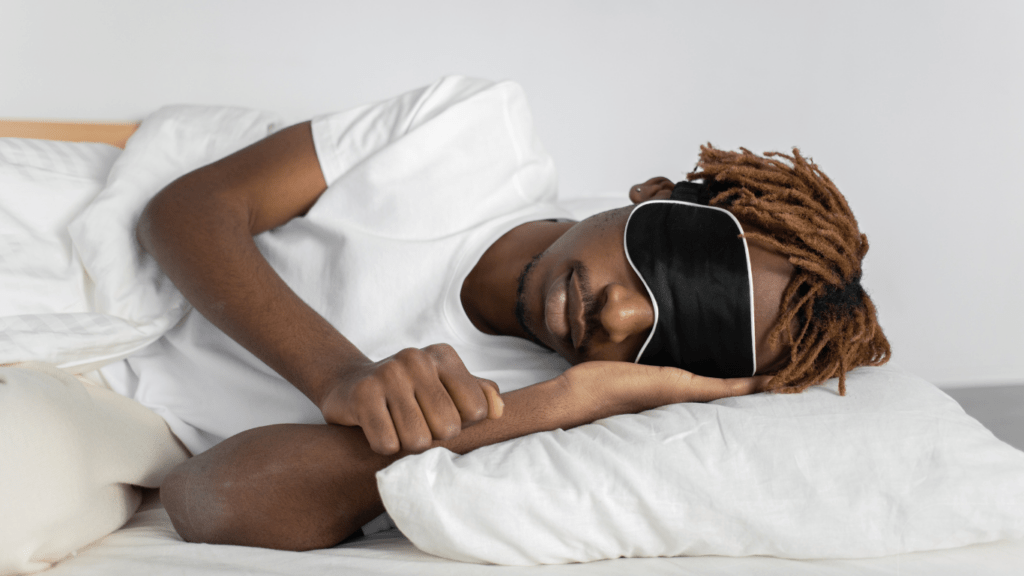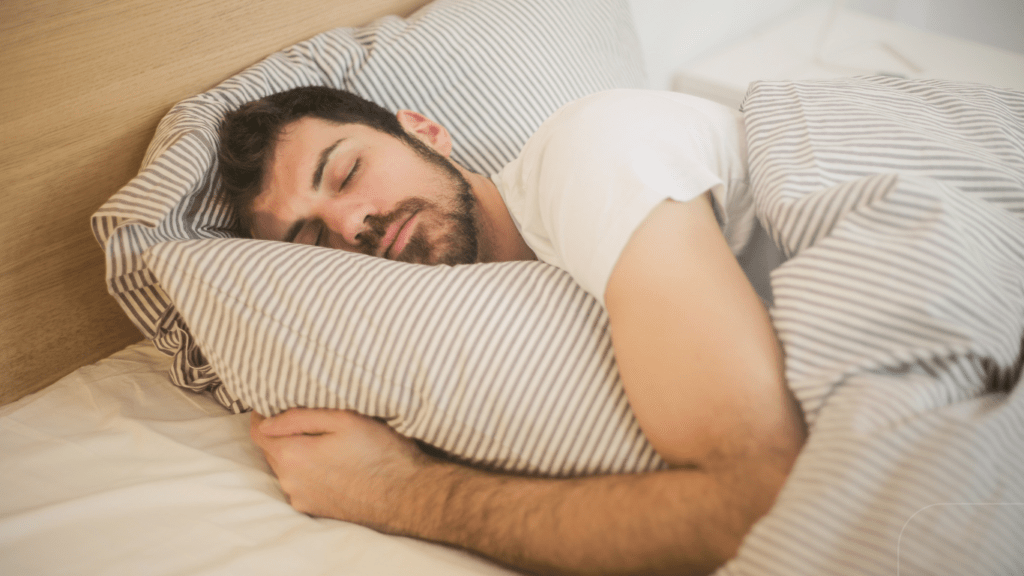As an avid athlete, I’ve always known that sleep plays a crucial role in my performance on the field. But what exactly is the connection between sleep and athletic success? In this article, we delve into the fascinating relationship between quality rest and peak athletic performance.
From faster reaction times to improved muscle recovery, adequate sleep is a game-changer for athletes looking to up their game and prevent injuries. As I’ve experienced firsthand, a good night’s rest can make all the difference in achieving those personal bests and staying injury-free.
Join me as we explore the science behind how sleep impacts athletic performance and discover practical tips to optimize your sleep for better results on and off the field.
The Importance of Sleep for Athletes
In my experience as an athlete, I’ve come to realize the crucial role that quality sleep plays in optimizing performance and preventing injuries. It’s not just about the physical aspect but also the mental edge that proper rest provides.
The Role of Sleep in Muscle Recovery
Ensuring an adequate amount of sleep is essential for athletes as it directly impacts muscle recovery. During sleep, the body repairs and rebuilds muscles, helping them grow stronger and more resilient. This process is vital for athletes looking to enhance their performance and reduce the risk of overtraining injuries.
Sleep’s Effect on Mental Health and Focus
Quality sleep is equally important for mental health and focus in athletes. A well-rested mind is sharper, more focused, and better equipped to handle the demands of training and competition. Lack of sleep can lead to cognitive impairments, affecting decision-making, reaction times, and overall performance on the field. Prioritizing sleep is key to maintaining peak mental agility and concentration levels.
Examining Sleep’s Impact on Athletic Performance
Quality sleep plays a vital role in optimizing athletic performance and reducing the risk of injuries. As an athlete, I understand firsthand the significant impact that proper rest has on my abilities on the field. Let’s dive deeper into how sleep affects athletic performance and injury prevention.
Case Studies: Athletes and Sleep Patterns

Athletes who prioritize quality sleep have been shown to demonstrate improved performance compared to those with irregular sleep patterns. For instance, NBA players who extended their sleep to 10 hours a night showed an increase in free-throw and three-point shooting accuracy by 9%. These case studies highlight the direct correlation between adequate sleep and enhanced athletic abilities.
Sleep Deprivation and Performance Metrics
On the flip side, sleep deprivation can have detrimental effects on an athlete’s performance metrics. Research indicates that even a single night of partial sleep deprivation can lead to decreased sprint performance and lower levels of alertness during training sessions. It’s clear that maintaining consistent and sufficient sleep is crucial for athletes to perform at their best and lower the risk of injuries.
Sleep and Injury Prevention
Sleep plays a crucial role in reducing injury risks for athletes. I’ll delve into how quality sleep contributes to preventing injuries and enhancing overall performance.
- How Sleep Reduces Injury Risks
Quality sleep is fundamental in minimizing the likelihood of injuries during athletic endeavors. When I prioritize rest, my body has ample time to recover, repair, and strengthen muscles, reducing the risk of overuse injuries and ensuring optimal physical condition to perform at my best. - Sleep Strategies to Enhance Recovery Times
Implementing effective sleep strategies is key to enhancing recovery times post-exercise. By maintaining a consistent sleep schedule, creating a restful sleep environment, and prioritizing relaxation techniques before bedtime, athletes can optimize their recovery periods, allowing the body to repair and rejuvenate efficiently for peak performance.
Practical Tips for Improving Sleep Quality
When it comes to enhancing sleep quality, creating an effective sleep environment is key. I have found that optimizing my bedroom for sleep has significantly improved my rest. From controlling light and noise to maintaining a comfortable temperature, small changes can make a big difference in promoting better sleep.
Creating an Effective Sleep Environment
In my experience, creating an optimal sleep environment involves several factors. I have learned that keeping my bedroom dark by using curtains or a sleep mask helps signal to my body that it’s time to rest. Additionally, reducing noise levels by using earplugs or white noise machines can minimize disruptions during the night. Ensuring a comfortable sleep temperature, typically between 60-67°F (15-19°C), has also been crucial for my quality of sleep.
Nutrition and Its Impact on Sleep
Nutrition plays a significant role in sleep quality. I’ve learned that consuming heavy or spicy meals close to bedtime can disrupt my sleep, so I opt for lighter dinners. Avoiding caffeine and alcohol before bed has also been beneficial in improving my sleep patterns. Including sleep-promoting foods in my diet, such as kiwi, almonds, or herbal teas like chamomile, has helped me relax and prepare for a restful night’s sleep. Prioritizing hydration throughout the day but limiting fluids before bedtime has also contributed to better sleep quality for me.

 Chelsea Haynes is a valued member of the Awesome Football Network team, where she excels as a skilled contributor and article writer. With a sharp eye for detail and a deep love for football, Chelsea produces compelling content that covers a diverse range of topics, including team dynamics, player performances, and game strategies. Her insightful articles are crafted to engage and inform readers, providing them with a deeper understanding of the sport.
Chelsea's expertise and dedication to football journalism enhance the quality of content at Awesome Football Network. Her contributions help keep the platform at the forefront of football news, ensuring that fans and professionals alike stay well-informed and connected to the latest developments in the world of football.
Chelsea Haynes is a valued member of the Awesome Football Network team, where she excels as a skilled contributor and article writer. With a sharp eye for detail and a deep love for football, Chelsea produces compelling content that covers a diverse range of topics, including team dynamics, player performances, and game strategies. Her insightful articles are crafted to engage and inform readers, providing them with a deeper understanding of the sport.
Chelsea's expertise and dedication to football journalism enhance the quality of content at Awesome Football Network. Her contributions help keep the platform at the forefront of football news, ensuring that fans and professionals alike stay well-informed and connected to the latest developments in the world of football.
